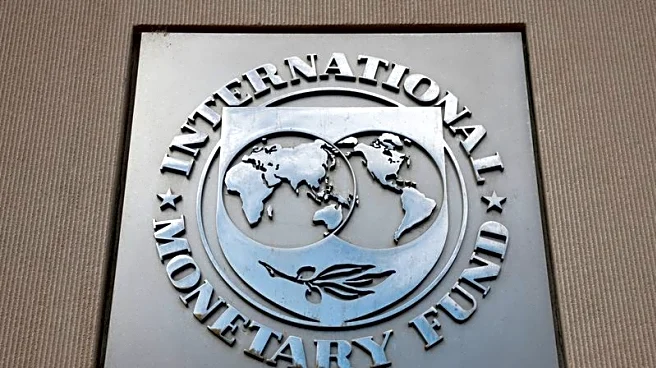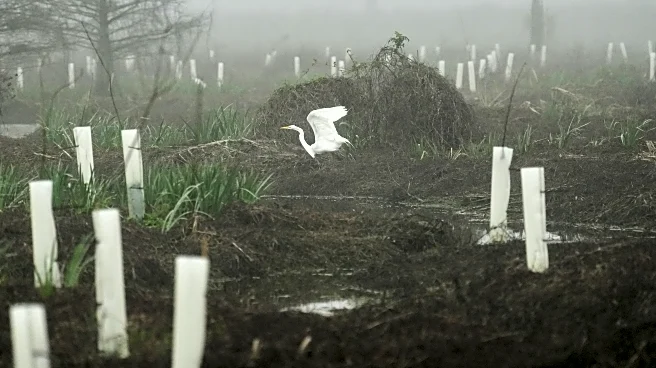What's Happening?
A preliminary report is expected to be released by a Portuguese government agency regarding the tragic derailment of a streetcar in Lisbon that resulted in the deaths of 16 people. The incident involved the Elevador da Gloria, a popular tourist attraction classified as a national monument, which derailed while packed with locals and international tourists. The tragedy has prompted multiple investigations by various agencies, including the Office for Air and Rail Accident Investigations, which has completed its analysis of the wreckage. The report aims to shed light on the causes of the accident, with a preliminary police report anticipated within 45 days. The victims include individuals from several countries, and the incident has led to a national day of mourning in Portugal.
Why It's Important?
The Lisbon streetcar tragedy has significant implications for public safety and tourism in Portugal. As Lisbon is a major tourist destination, the incident raises concerns about the safety of its public transport systems, potentially affecting tourism and local businesses reliant on tourist traffic. The tragedy also highlights the need for rigorous safety inspections and maintenance of historical transport systems. The international nature of the victims underscores the global impact of such incidents, affecting diplomatic relations and international perceptions of safety in Portugal. The outcome of the investigations could lead to changes in safety regulations and operational procedures for public transport systems in Lisbon and beyond.
What's Next?
Following the release of the preliminary report, further investigations are expected to continue, including those by police, public prosecutors, and government transport experts. The company operating Lisbon's streetcars, Carris, has initiated its own investigation and halted operations of similar streetcars for immediate inspections. The findings from these investigations may lead to policy changes and enhanced safety measures. Public and governmental reactions will likely focus on ensuring accountability and preventing future incidents, with potential implications for transport policy and infrastructure investment in Portugal.
Beyond the Headlines
The tragedy raises broader questions about the preservation and operation of historical transport systems in modern urban environments. Balancing the cultural and historical significance of such systems with contemporary safety standards is a challenge faced by many cities worldwide. The incident may prompt discussions on the ethical responsibilities of maintaining historical attractions that serve as public transport, and the need for integrating advanced safety technologies while preserving their historical integrity.











